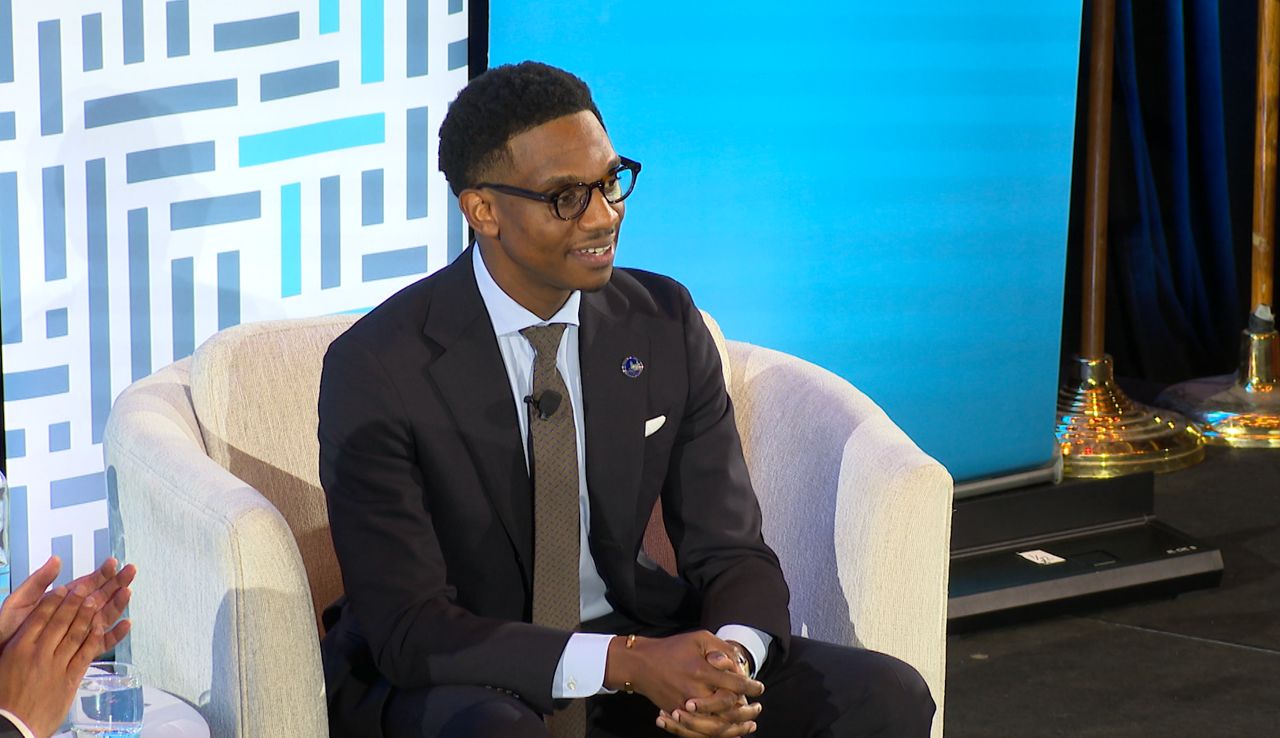OHIO — The term burnout hits home for many people.
It’s that feeling of not being motivated to get the job done.
But now, new data shows the newest generation of workers is experiencing that burnout far sooner than ever before.
Gen Z and millennials reported feeling burnout at a much earlier age than past generations, and one of the top stressors reported was finances.
“For students and young people who are going to college and leaving college with loans of 200, 300 thousand dollars, it’s unbelievable,” said Deepak Sarma, inaugural distinguished scholar, public humanities at Case Western Reserve University.
Sarma thinks younger generations are burning out quicker because of the pressure put on students at a much younger age. They said past generations had more freedom to take a few years to figure out what they wanted to do with their future.
“Whereas the stress level here is astronomical, and the orientation toward making it in Ivy Leagues begins when as soon as the kid is 6, 7 years old,” Sarma said.
A poll of 2,000 adults from Talker Research examined how the increasing stress of the past decade has affected Americans across generations.
It found the average American experiences peak burnout at 42 years old. But it looks very different for Gen Z and Millennial respondents who said their stress levels reached a peak when they were 25 years old.
Scott Gspandl is a psychiatrist for Ohio Health. He said he absolutely sees younger generations facing burnout earlier than ever before.
“This term burnout is usually a syndrome used to describe three characteristics: emotional exhaustion, depersonalization and decreased effectiveness at work,” Gspandl said.
Gspandl said many people who experience burnout also suffer from mental health issues.
And he said social media is big reason why.
“It increases our feelings of anxiety and depression at times. It has an addictive component to it for things like generating likes and the dopamine release that drives you to have more engagement,” Gspandl said.
Gspandl said he advises his patients who may be feeling burnout to be mindful of how much time they’re spending on their devices and prioritizing real life connections and activities they enjoy.












